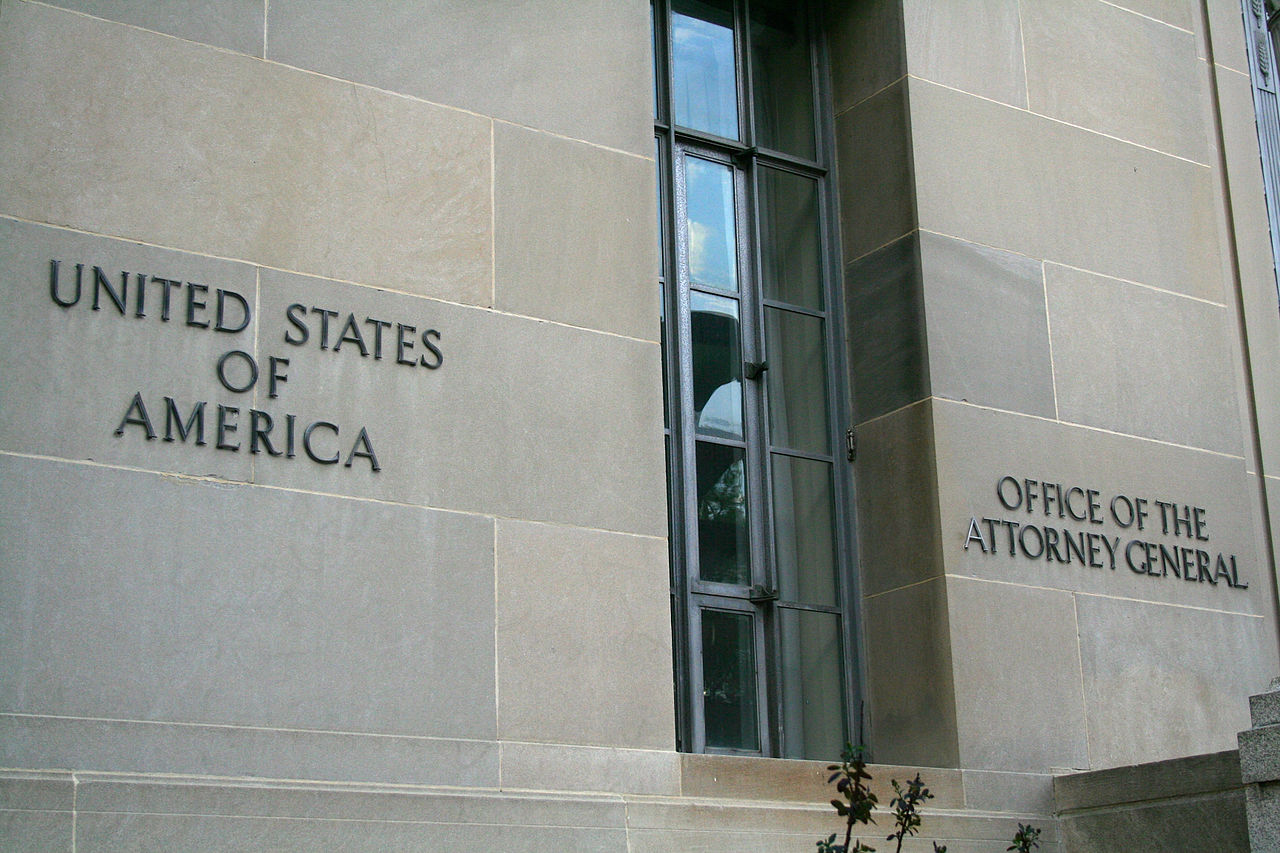 Parler
Parler Gab
Gab
- Google’s AI Overviews, top search summaries, reduce publisher traffic and revenue.
- Independent Publishers Alliance files EU antitrust complaint citing abuse of dominance.
- "No-click" searches rose to 69% in May 2025 (vs. 56% in 2024).
- Claims AI tools boost discovery of original content and cites algorithmic updates.
- Similar lawsuits in the U.S. and U.K., invoking antitrust concerns against Big Tech dominance.
The rise of AI in search and the content dilemma
The emergence of AI Overviews traces its roots to Google’s early experiments with chatbots, detailed in 2015 reports. Developers then marveled at the technology’s “creativity,” though some results bordered on “malevolence,” according to internal reviews. Fast-forward a decade, and AI has become central to Google’s search strategy. The AI Overviews, launched globally in 2024, distill answers directly from search results, often using content mined from publisher websites without explicit consent. By May 2025, Google had begun inserting ads into these summaries, deepening publishers’ fears that the feature would further drain their revenue streams. “The core problem is this: Publishers are losing control over their content and their audience,” said Rosa Curling, co-executive director of Foxglove Legal, a nonprofit supporting the complaint. “Google is reaping the benefits of their journalism without letting them opt out.”The complaint’s claims: Market power vs. free speech
At the heart of the IPA’s complaint is the assertion that Google has abused its dominance in search to privilege its own AI tools. The group argues that the lack of an opt-out system forces publishers to choose between being excluded from organic search results or allowing their content to be used in AI Overviews. This creates a “take-it-or-leave-it” scenario, violating antitrust principles that ensure fair competition. Key statistics cited by the complaint include a SimilarWeb report showing that 69% of news-related searches went without a user clicking through to a website in May 2025 — a 13% jump from 2024. Publishers’ ad revenue and direct traffic have correspondingly plummeted, with smaller outlets facing existential risks. The IPA and its allies, including the Movement for an Open Web, request two remedies: an immediate halt to AI Overviews pending the EU’s investigation and new rules giving publishers control over how their content is used.Regulatory crossfires: The EU responds — and Big Tech pushes back
The European Commission has yet to weigh in on the complaint, but the U.K.’s Competition and Markets Authority (CMA) acknowledged receiving a parallel case. The CMA recently proposed labeling Google a “strategic market player,” which could lead to new limits on its search practices. “Google’s position here is unassailable: Changes in traffic are natural in a dynamic digital ecosystem,” responded a Google spokesperson in Brussels, citing “seasonal trends” and “user preferences” as factors. The company emphasized it delivers “billions of clicks to websites daily” through its search engine. Critics argue this dismisses the structural issue: AI Overviews sidestep clicks entirely, creating a “winner-takes-all” scenario where Google’s summaries displace both ads and articles. In the U.S., an educational technology firm has also sued Google over similar concerns, alleging AI’s impact on content discovery.A crossroads for digital journalism and market regulation
The EU’s response to this case could set a precedent for balancing innovation with fair competition in the AI era. For publishers, the stakes are existential: without adequate traffic, niche journalism — and the watchdog role it plays in democracy — may vanish. Meanwhile, Google’s integration of AI champions efficiency but risks concentrating power in a handful of tech giants. As Brussels and London brace for legal battles, the question remains: Can antitrust laws ensure innovation without stifling smaller voices? For now, the conflict between monopolistic tech and independent media is far from settled. Sources for this article include: ReclaimTheNet.org Reuters.com SearchEngineLand.com“Unaccountable” exposes the shadowy web of elite corruption undermining democracy
By Belle Carter // Share
Trump calls Epstein allegations a ‘Hoax,’ sparks outrage among MAGA base
By Finn Heartley // Share
U.K. government’s secret cover-up highlights democratic crisis as truth becomes “unpublishable”
By Willow Tohi // Share
Trump torches former supporters as “weaklings,” disregards Epstein files as “hoax”
By Lance D Johnson // Share
From Famine to Farce: Gaza’s ‘Humanitarian’ War Ensnares the World in Moral Quicksand
By Willow Tohi // Share
Governments continue to obscure COVID-19 vaccine data amid rising concerns over excess deaths
By patricklewis // Share
Tech giant Microsoft backs EXTINCTION with its support of carbon capture programs
By ramontomeydw // Share
Germany to resume arms exports to Israel despite repeated ceasefire violations
By isabelle // Share










